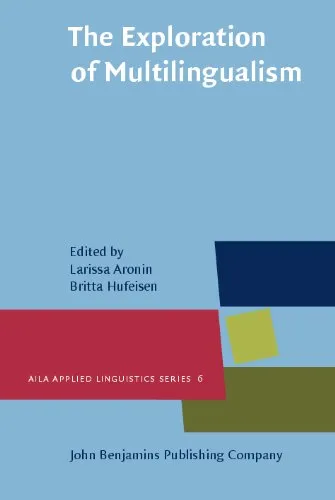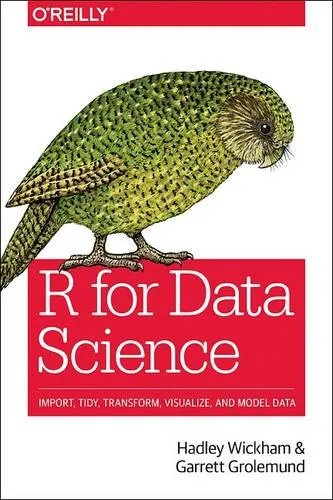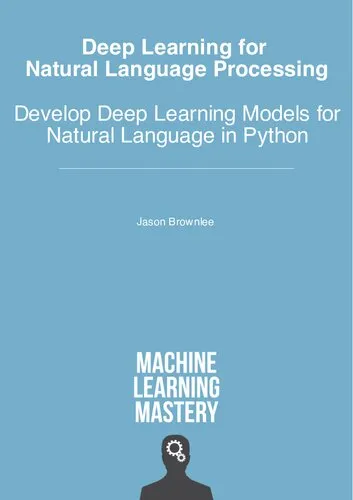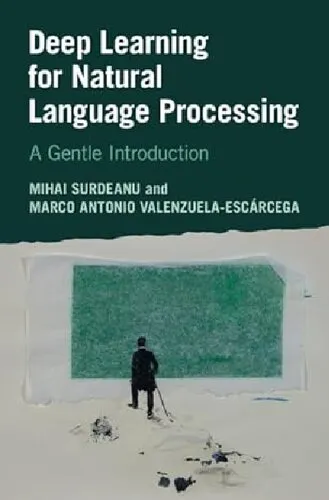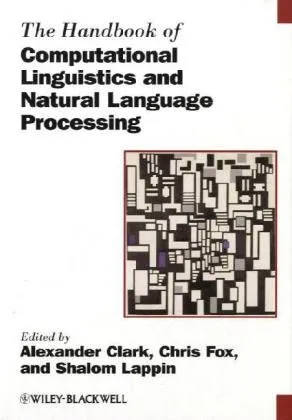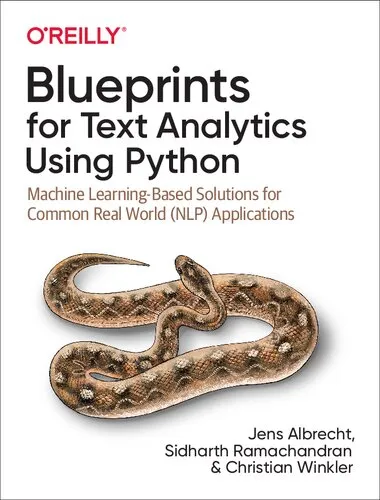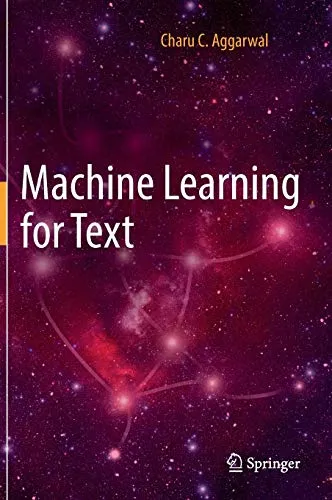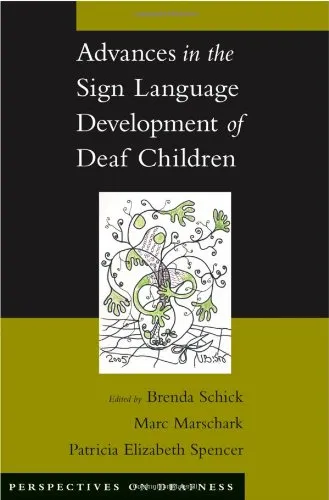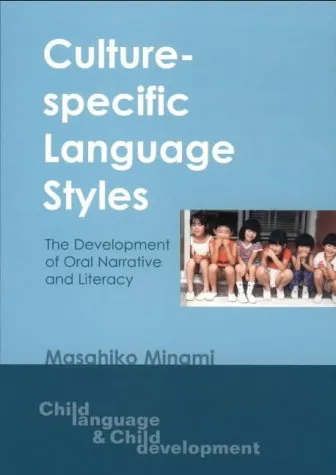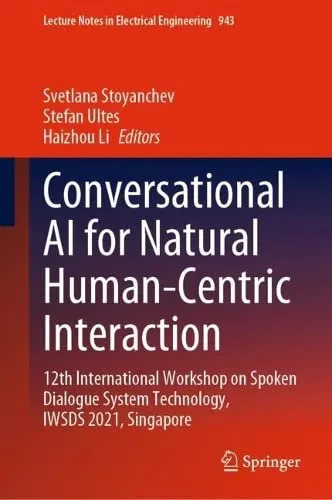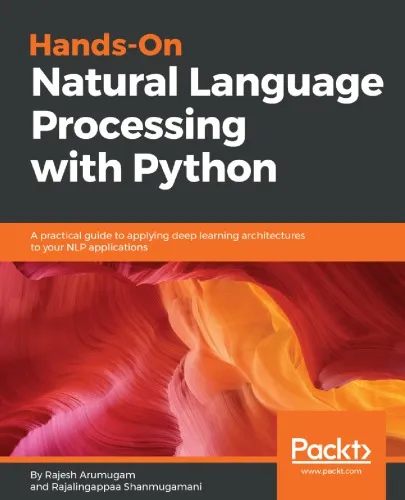The Exploration of Multilingualism: Development of research on L3, multilingualism and multiple language acquisition (Aila Applied Linguistics Series)
4.5
Reviews from our users

You Can Ask your questions from this book's AI after Login
Each download or ask from book AI costs 2 points. To earn more free points, please visit the Points Guide Page and complete some valuable actions.Related Refrences:
Introduction to "The Exploration of Multilingualism"
Welcome to an essential exploration into the complex and fascinating world of multilingualism, as discussed in "The Exploration of Multilingualism: Development of Research on L3, Multilingualism and Multiple Language Acquisition" by Larissa Aronin and Britta Hufeisen. This book stands at the intersection of linguistics, psychology, and education, offering scholars and practitioners comprehensive insights into the intricacies of learning multiple languages beyond one's second language.
Detailed Summary of the Book
The book begins by setting the stage with a historical overview of multilingualism studies, emphasizing how the field evolved from traditional bilingual-dominant frameworks to more sophisticated understandings of multilingual acquisition and competence. The authors, Aronin and Hufeisen, dissect the complexities of L3, or third language acquisition, and its implications for linguistic theory and practice.
Chapters are systematically structured to guide readers through theoretical frameworks, empirical studies, and practical applications. The text acknowledges the indisputable global relevance of multilingualism, commenting on its role in enhancing cognitive flexibility, cultural awareness, and communication skills.
Central to the book is the discussion on the dynamic model of multilingualism, which posits that language acquisition is a fluid and non-linear process influenced by a myriad of factors ranging from individual motivation to socio-political contexts. Additionally, Aronin and Hufeisen explore the sociolinguistic aspects, such as identity formation and language hierarchy within multilingual settings.
Key Takeaways
- Multilingualism is a multifaceted phenomenon that requires consideration of linguistic, cognitive, and socio-cultural dimensions.
- L3 acquisition is distinct from L2 in its processes and influences, requiring specialized research approaches.
- The dynamic model of multilingualism suggests language learning is a continuous, non-linear process.
- The study of multilingualism provides critical insights into cognitive benefits and challenges, impacting educational policies and practices.
Famous Quotes from the Book
"Multilinguals are not simply multiplied monolinguals; they operate within their unique linguistic systems, challenging our understanding of language acquisition."
"The landscape of language learning is as dynamic as the individuals who navigate it; each multilingual journey tells a story of complexity and adaptation."
Why This Book Matters
In our increasingly interconnected world, multilingualism is more than an academic subject—it's a practical necessity. This book is vital for educators, linguists, and policymakers alike, offering them solid foundation in the principles and practices of multilingual education and policy-making.
By challenging traditional perspectives and providing new insights into the nuanced processes of learning multiple languages, Aronin and Hufeisen’s work encourages readers to reconsider how languages are taught and acquired. It poses critical reflections on the power dynamics in multilingual settings and advocates for more inclusive approaches to language education.
The book underscores the importance of recognizing and embracing multilingual individuals' unique cognitive and social capabilities, ultimately supporting a more harmonious and linguistically diverse global society.
Free Direct Download
You Can Download this book after Login
Accessing books through legal platforms and public libraries not only supports the rights of authors and publishers but also contributes to the sustainability of reading culture. Before downloading, please take a moment to consider these options.
Find this book on other platforms:
WorldCat helps you find books in libraries worldwide.
See ratings, reviews, and discussions on Goodreads.
Find and buy rare or used books on AbeBooks.
1508
بازدید4.5
امتیاز0
نظر98%
رضایتReviews:
4.5
Based on 0 users review
Questions & Answers
Ask questions about this book or help others by answering
No questions yet. Be the first to ask!
